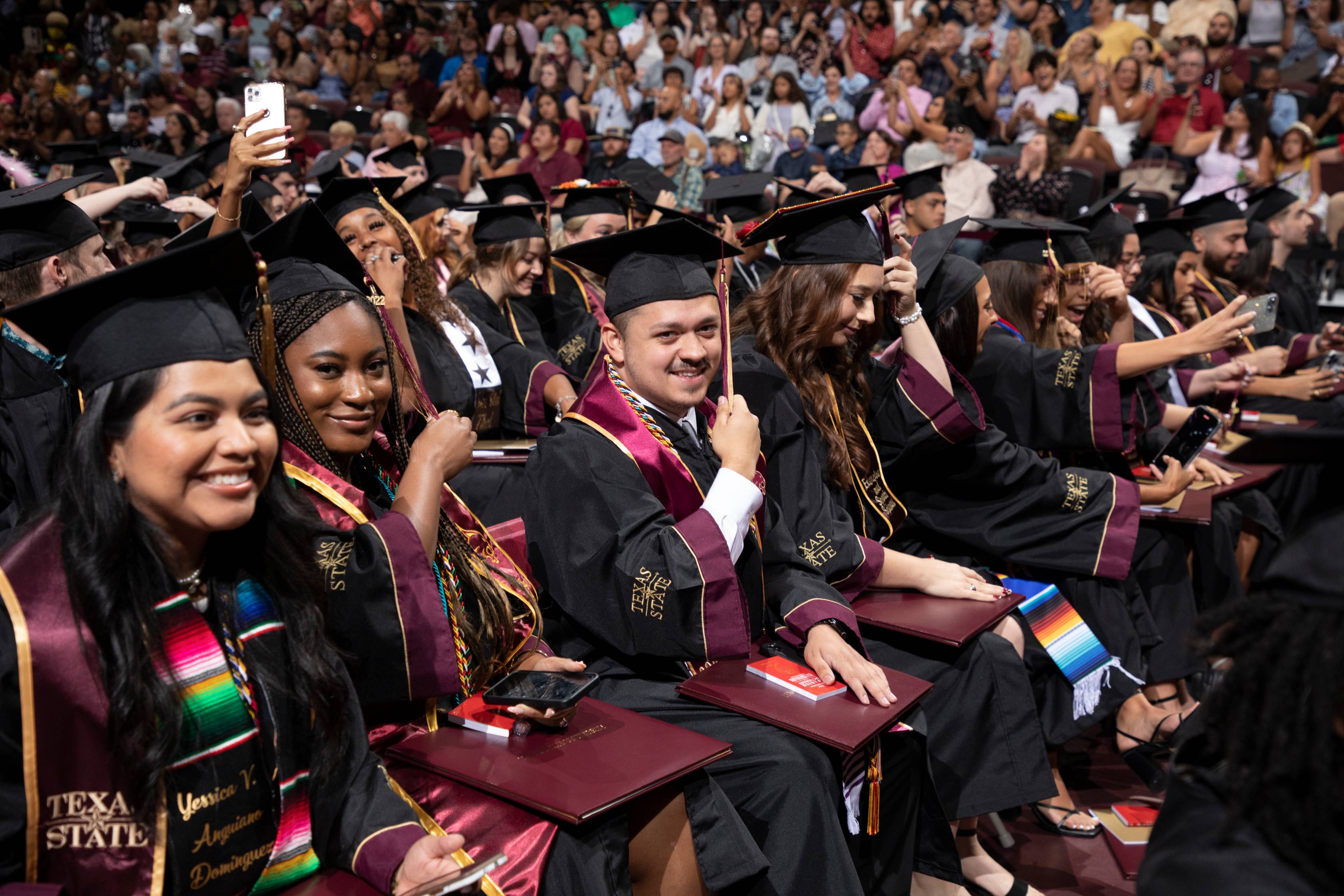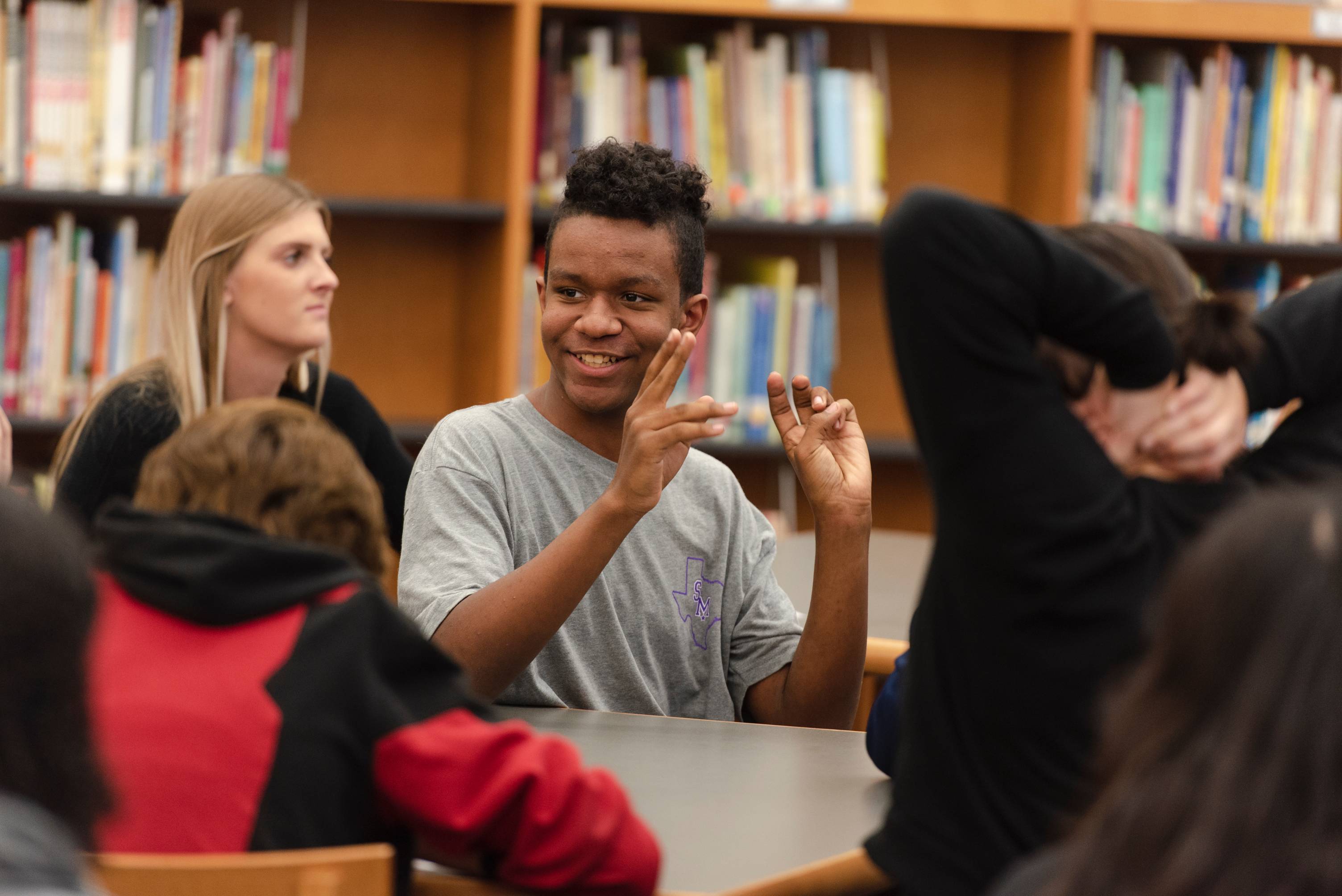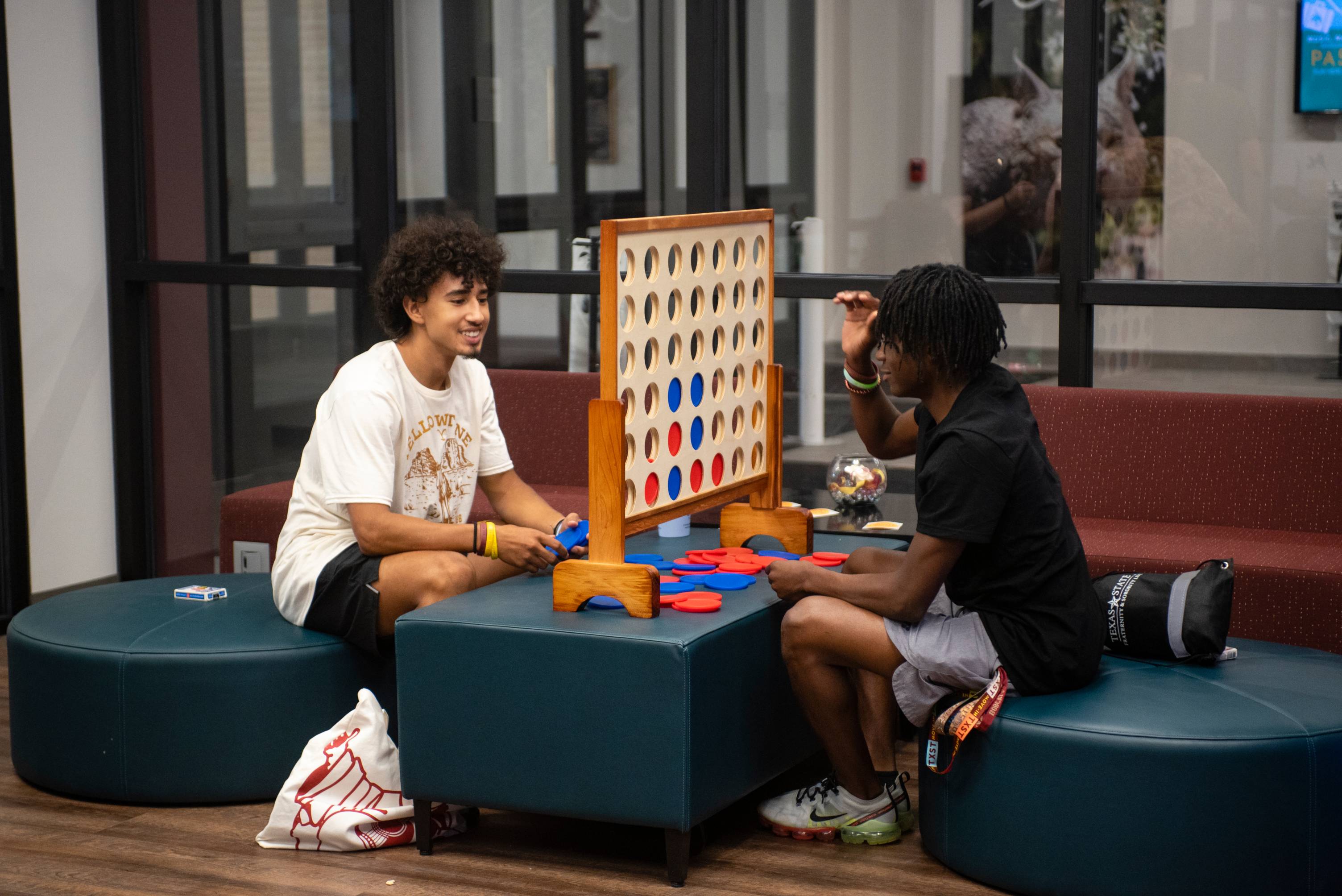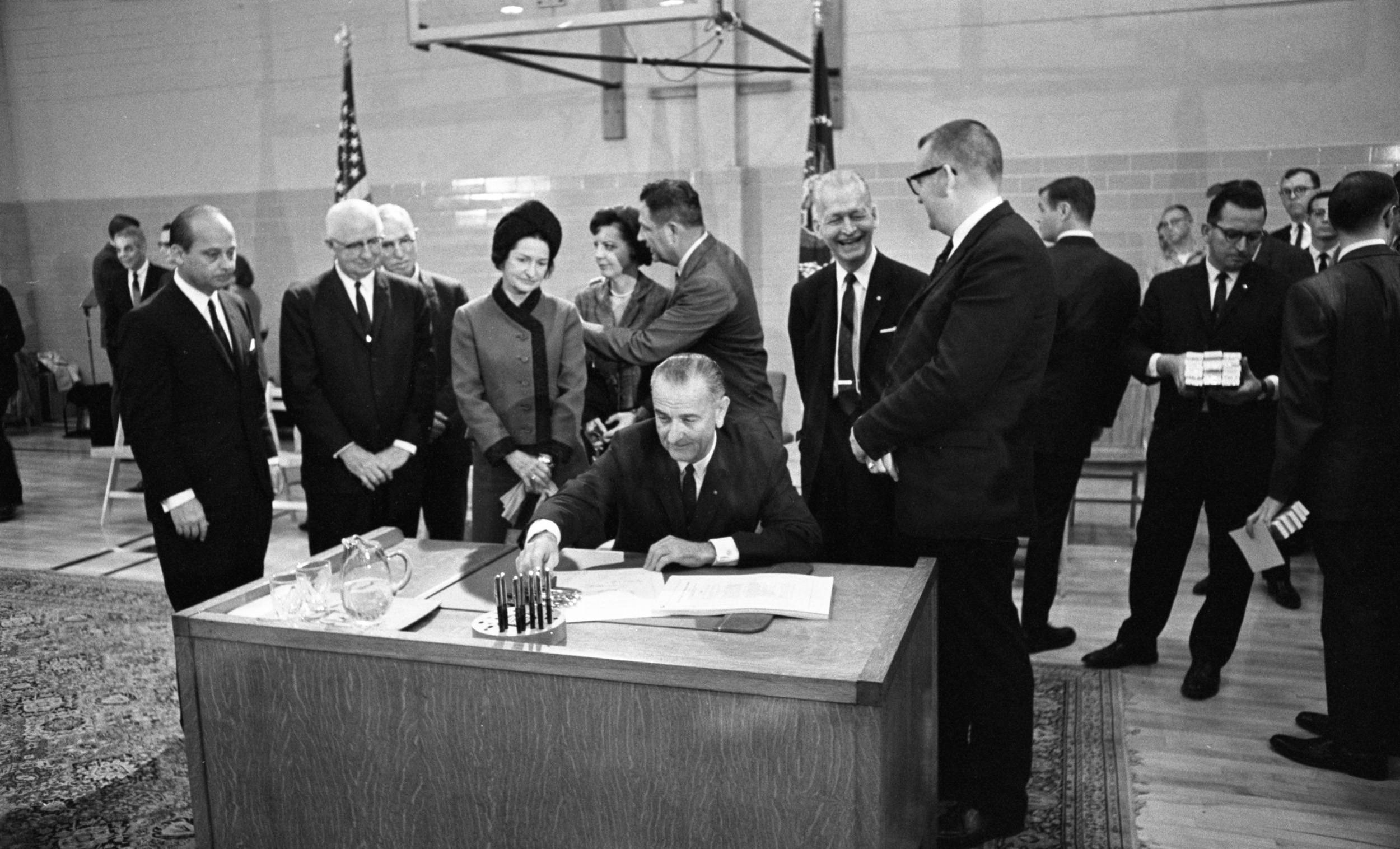Our Programs
TRIO at Texas State University
Our Programs
The Federal TRIO Programs (TRIO) are Federal outreach and student services programs designed to identify and provide services for individuals from disadvantaged backgrounds. There are ten (10) TRIO programs at TXST targeted to serve and assist low-income individuals, first-generation college students, and individuals with disabilities to progress through the academic pipeline from middle school to post-baccalaureate programs.
McNair TxState University
The McNair Scholars Program prepares eligible participants for doctoral studies through involvement in research and other scholarly activities.


SSS Student Support Services and STEM
Provide opportunities to support motivate students toward the successful completion of their post-secondary education.
TS Talent Search
Talent Search programs provide academic support to participants to graduate from high school and continue on to and complete their post-secondary education.


UB Upward Bound
Upward Bound programs provide opportunities for participants to graduate from high school, and enroll/graduate from a post-secondary institution.
